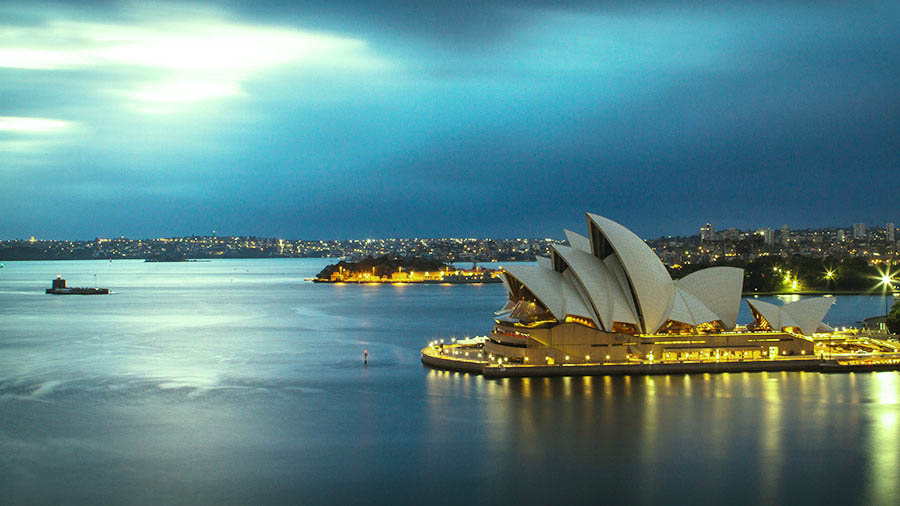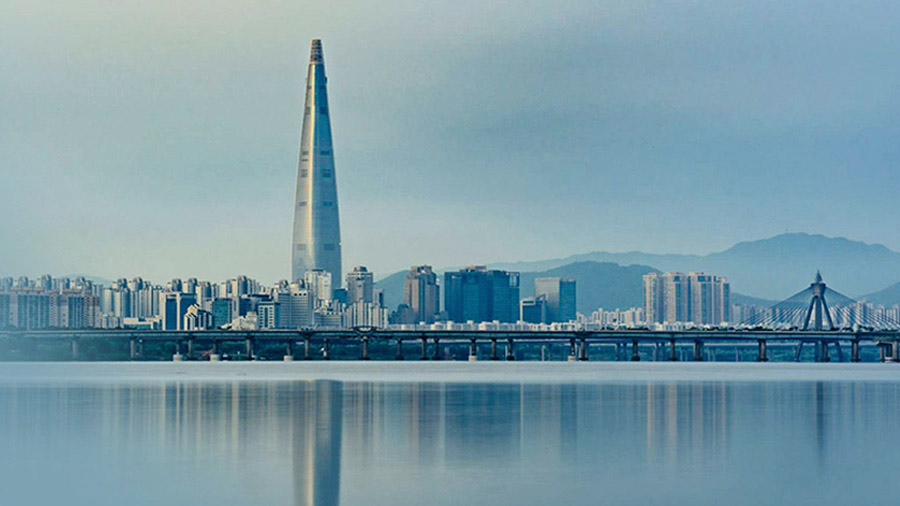Despite concerns from domestic and IMFL whiskey brands, India-UK FTA negotiations on Indian imports of Scotch whisky appear to have made progress, which is expected to be well-received by Indian consumers. The discussions had been previously held up due to the high tariff threshold. Round 12 of the FTA negotiation begins August 7 in New Delhi.
Given the tight lid on India’s free trade agreement (FTA) discussions with the UK, market stakeholders have been closely tracking Indian media reports for any nuggets of information on progress and impact. This had even led to some frustration among UK industry stakeholders and parliamentarians (See UK House of Commons International Trade Committee report from April 2023).
A spate of recent Indian media reports (Money Control, The Hindu, and Business Today) now indicate the end may be near. According to a senior government official, India and the UK are close to concluding negotiations; sticky issues, however, continue to be IPR, investment treaty, and rules of origin.
Consensus has been reached on 19 chapters out of 26, which indicates that the FTA could come into effect before the end of 2023, as hoped by India’s trade and commerce minister Piyush Goyal. Nevertheless, the back-and-forth discussions have been complex, as this FTA could serve as a template for India's future trade treaty negotiations dealing with IP, digital trade, personal data protection, market access, and bilateral investments.
In what would be popular among Indian consumers, some headway now appears to have been made in the discussions around Indian imports of Scotch whisky, which had so far been stuck amid tariff contentions.
The 12th round of India-UK FTA talks take place in New Delhi from August 8, with tariff concessions on whisky imports likely to be addressed. A trade and investment working group will meet August 24 and 25.
Position of key stakeholders
From the start, Indian Made Foreign Liquor (IMFL) brands have been wary of any concessions given to UK whisky imports, given the rising consumption of premium liquor in India and competitive market dynamics.
However, European players like Chivas Brothers’ Chairman and CEO Jean-Etienne Gourgues note that Indian whisky brands in the UK enjoy no tariffs; they would like to see a more level playing field in the Indian market as well.
British negotiators eyeing wins for Scottish industry
For British trade negotiators, securing tariff concessions on Scotch whisky exports to India could be seen to be vital to the Scottish economy, post Brexit and the UK government's rejection of a second independence referendum. This industry currently employs approximately 11,000 people, predominantly in rural regions of Scotland. Moreover, Scotch whisky stands as the largest export within the UK's beverage sector.
Will India lower tariffs on imported Scotch whisky?
As part of the proposed FTA between India and the UK, there are discussions regarding the reduction of import duties for bottled Scotch above the minimum import price (MIP) threshold.
Currently, import duties for Scotch whisky from the UK – both bottled and bulk – stand at 150 percent above the MIP. It could now be reduced to 100 percent for bottled Scotch and halved to 75 percent for casks. Additionally, ongoing negotiations involve the possibility of gradually lowering customer duty on bottled Scotch over a 10-year period, with the target of reaching 50 percent eventually.
Drawing from Australia's experience with an interim FTA, where India reduced the customs duty on premium segments for wine, there is a push from the domestic industry for an MIP of 5 percent for each 750 ml bottle. However, it is speculated that India might agree to an MIP of US$4 per bottle, which could lead to a potential influx of Scotch imports from the UK.
[caption id="attachment_29300" align="alignright" width="300"] Opportunities for Australian Premium Wine in the Indian Market[/caption]
Opportunities for Australian Premium Wine in the Indian Market[/caption]
Domestic players are now concerned that such a move might have adverse effects, potentially leading to the displacement of several homegrown brands and IMFL products. There are some fears that foreign players with bottling units in India might not invest in fresh capacity and may even reduce existing capacity, negatively impacting employment in the industry, per a source speaking to The Times of India.
In fact, the TOI is reporting that even a US$1 difference in MIP – from US$5 to US$4 – would see a significant increase in the shipment of popular whisky imports like Johnnie Walker Black Label and Chivas Regal, and The Glenlivet, etc. into India.
What is Indian Made Foreign Liquor?
IMFL encompasses a category of alcoholic beverages in India designed to emulate the styles and flavors of foreign liquors. These spirits are locally crafted using domestically sourced ingredients and adhere to specific techniques to achieve a taste profile like their foreign counterparts. Companies making IMFL beverages in the whisky domain are: United Spirits Limited (Signature, McDowell’s No.1), Radico Khaitan Limited (8 PM Whisky), Allied Blenders and Distillers Pvt. Ltd. (Officer’s Choice), Pernod Ricard India (Royal Stag), etc.
Trends in India’s whisky market
Despite currently comprising only 3.3 percent of the overall Indian whisky market, imported products, particularly Scotch, hold a more substantial share of approximately 32 percent in the middle and premium segments (whiskies priced above INR 750/approx. US$9.11 per bottle). This share has been steadily increasing over the past four years, as revealed by data from IWSR, an international agency tracking the alcohol market. Further, during the first eight months of FY 2022-23, India's alcohol industry noted a 40 percent surge in whisky imports compared to the total imports recorded in the entire fiscal year 2021-22.
Domestic players have already voiced their concerns to the Indian government about the surge in bottled Scotch imports in recent years, even without any reduction in import duty. For instance, during 2022-23, bottled whisky imports more than doubled to US$316 million from US$152 million, while the value of bulk whisky shipments increased by over 40 percent to approximately US$149 million during the same period.
According to an industry source, it has been observed that all Scotch imports into India originate from the UK – some are listed from Singapore and UAE as those are prominent transshipment hubs. Per reporting in the Livemint, Scotch whisky constitutes a significant 96 percent portion of India's total whisky imports and holds a dominant share of more than 80 percent in the premium whisky market, specifically for products priced above INR 1,000 (approx. US$12.15) per 750ml bottle.
A case in point is the state of Maharashtra, which in November 2021 reduced its excise duty on imported whiskies to 150 percent from 300 percent. This in turn led to an increased influx of Scotch imports into the Indian market. Maharashtra’s decision meant that a 1000ml imported liquor bottle whose cost ranged between INR 5000 (approx. US$60.75) and INR 14,000 (approx. US$170.10), would see a price drop of 35-40 percent. And, given that the excise duty in Maharashtra on domestic whisky remains at 300 percent, Scotch whisky is better positioned in the premium liquor market.
Duty structure for whisky: Delhi example
|
Tax levy (INR/bottle) |
Red Label |
Black Label |
|
Cost, insurance, and freight (CIF) value |
175 |
330 |
|
Profit and margin |
373 |
803 |
|
Total landed |
548 |
1133 |
|
Customs@150% |
262 |
495 |
|
Excise@85% |
467 |
920 |
|
VAT@25% |
320 |
637 |
|
Total |
1597 |
3185 |
|
Retail margin |
82 |
100 |
|
VAT on retail margin |
21 |
25 |
|
Retail price |
1700 |
3310 |
Note: Red Label is a blend of 35-grain and malt whiskies without an age statement, while Black Label is a blend of 40-grain and malt whiskies aged for a minimum of 12 years.
Source: Economic Times. All data for 750ml bottle for Delhi.












